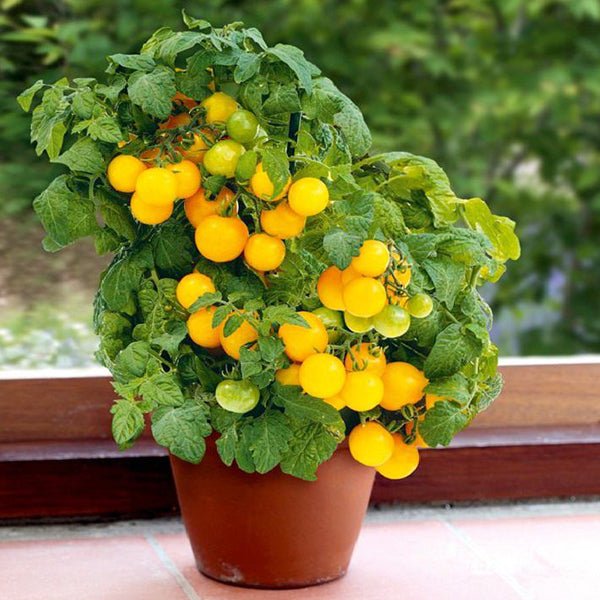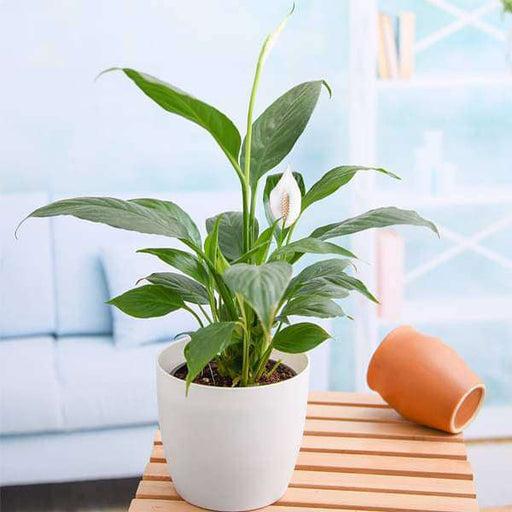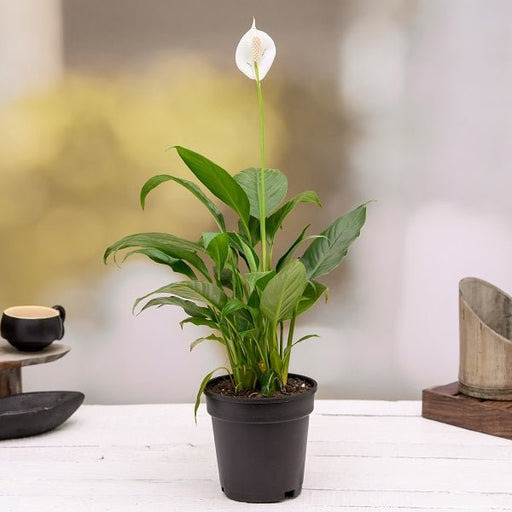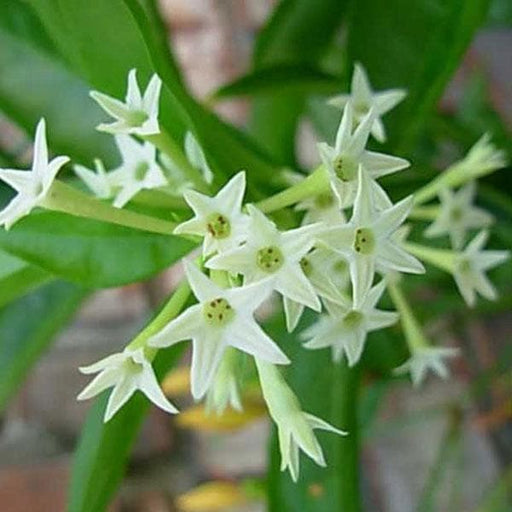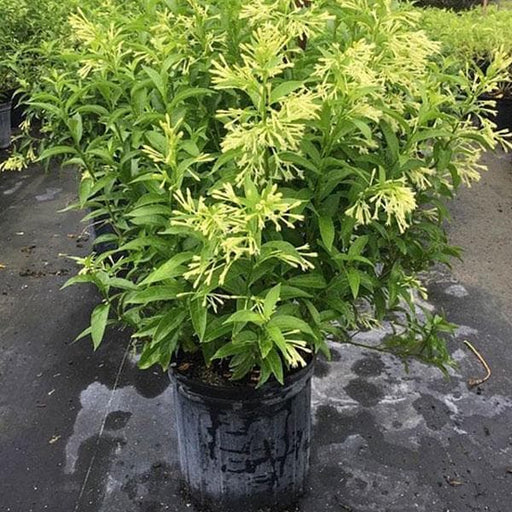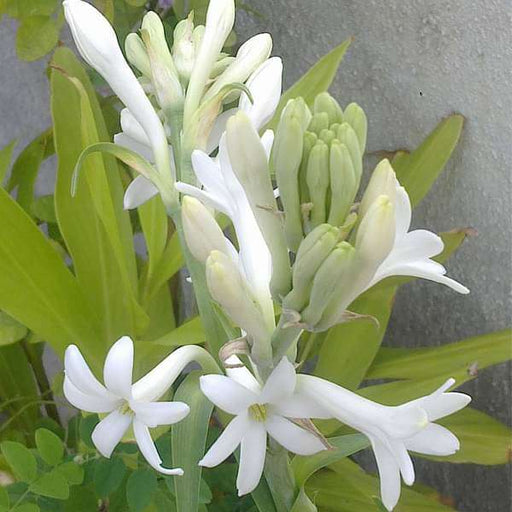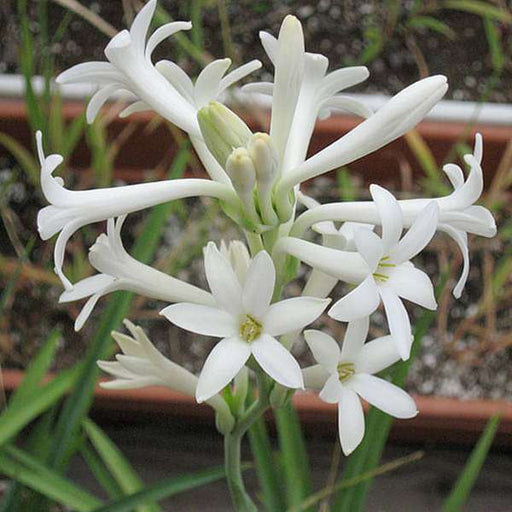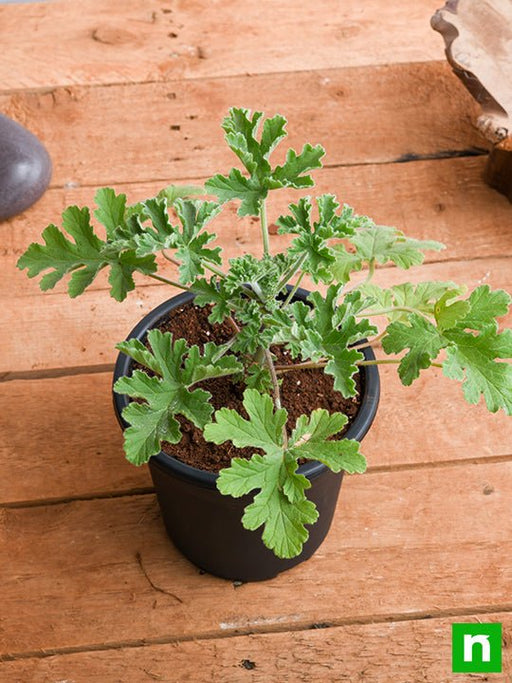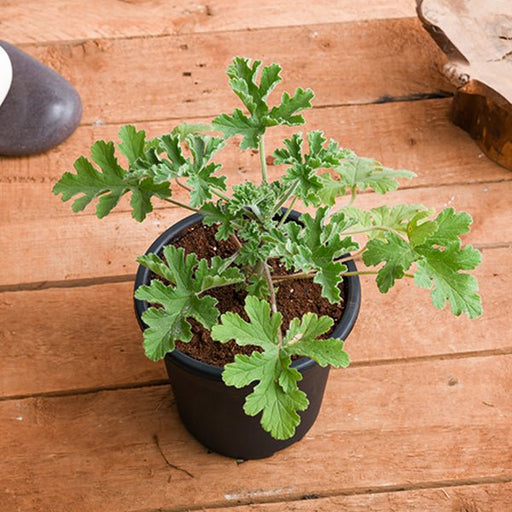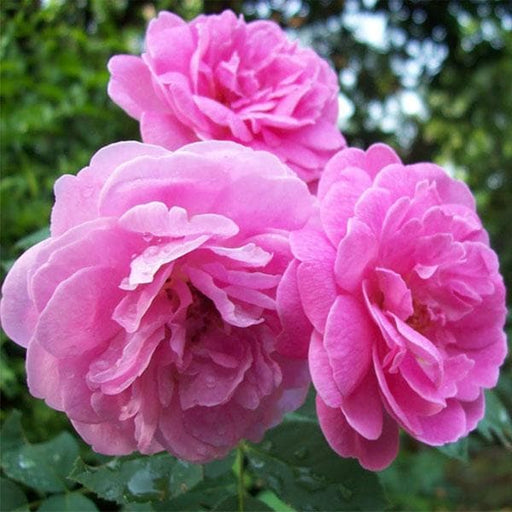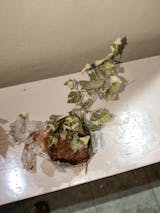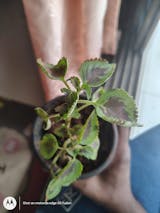Types of Fruit Plants
Fruit plants come in a variety of types, each with its unique characteristics, flavors, and growth habits. In this article, we will explore the different types of fruit plants and provide information on how to grow and care for them.
Growing Fruit Plants
Growing fruit plants can be a rewarding and delicious experience. In this article, we will provide tips and advice on how to grow fruit plants successfully, including soil preparation, watering, and fertilization.
Care and Maintenance of Fruit Plants
Proper care and maintenance of fruit plants can help them thrive and produce a bountiful harvest. In this article, we will discuss the best practices for pruning, fertilizing, and pest control of fruit plants.
Fruit Plant Diseases
Fruit plants are susceptible to a variety of diseases, including fungal infections, bacterial diseases, and viral infections. In this article, we will explore the common diseases that affect fruit plants and provide tips on how to prevent and treat them.
Fruit Plant Pests
Fruit plants can be attacked by a variety of pests, including insects, mites, and rodents. In this article, we will discuss the common pests that affect fruit plants and provide tips on how to prevent and control them.
Benefits of Fruit Plants
Fruit plants not only provide delicious and nutritious food but also offer a range of benefits to the environment and to humans. In this article, we will explore the many benefits of fruit plants, including their ability to purify air, prevent erosion, and provide habitat for wildlife.
Fruit Plants for Landscaping
Fruit plants are a popular choice for landscaping due to their beauty, fragrance, and ability to provide shade. In this article, we will provide advice on how to choose the right fruit plants for your landscape and how to incorporate them into your overall design.
Fruit Plants for Edible Landscaping
Fruit plants are a popular choice for edible landscaping due to their delicious fruit and unique texture. In this article, we will explore the best fruit plants for edible landscaping and provide information on their culinary uses and growing requirements.
Fruit Plants for Containers
Fruit plants can be grown in containers to provide fresh fruit in small spaces or on patios. In this article, we will explore the best fruit plants for containers and provide advice on how to care for them.
Fruit Plants for Pruning
Pruning fruit plants can help to improve their shape, encourage fruit production, and control diseases and pests. In this article, we will provide tips on how to prune fruit plants effectively.
Fruit Plants for Indoor Use
Some fruit plants can be grown indoors to provide fresh fruit all year round. In this article, we will explore the best fruit plants for indoor use and provide advice on how to care for them.
Fruit Plants for Outdoor Use
Most fruit plants are grown outdoors in warm and humid climates. In this article, we will explore the best fruit plants for outdoor use and provide tips on how to care for them.
Fruit Plants for Bonsai
Some fruit plants, such as the dwarf citrus and pomegranate, are a popular choice for bonsai due to their interesting shapes and textures. In this article, we will explore the best fruit plants for bonsai and provide advice on how to care for them.
Fruit Plants for Topiary
Some fruit plants can also be shaped into topiaries for a unique and artistic touch to your garden. In this article, we will explore the best fruit plants for topiary and provide tips on how to shape them.
Fruit Plants for Jam Making
Fruits make a delicious and unique addition to jams and jellies. In this article, we will explore the best fruit varieties for jam making and provide a recipe for a delicious fruit jam.
Fruit Plants for Smoothies
Fruits can add a sweet and nutritious boost to your smoothies. In this article, we will provide tips on how to incorporate fruits into your smoothies and explore the health benefits of fruits.
Fruit Plants for Tea
Some fruits, such as strawberries and blueberries, can be used to make a flavorful and healthy tea. In this article, we will provide a recipe for fruit tea and explore its many health benefits.
Fruit Plants for Medicine
Fruits have been used in traditional medicine for centuries due to their many health benefits. In this article, we will explore the medicinal properties of fruits and provide information on how to use them for various health conditions.
Fruit Plants for Wildlife
Fruit plants provide important habitat and food for a variety of wildlife, including birds and insects. In this article, we will explore the best fruit plants for attracting wildlife to your garden and provide tips on how to create a wildlife-friendly landscape.
Fruit Plants for Climate Zones
Fruit plants have different growing requirements depending on the climate zone they are grown in. In this article, we will explore the best fruit plants for different climate zones and provide tips on how to care for them.

